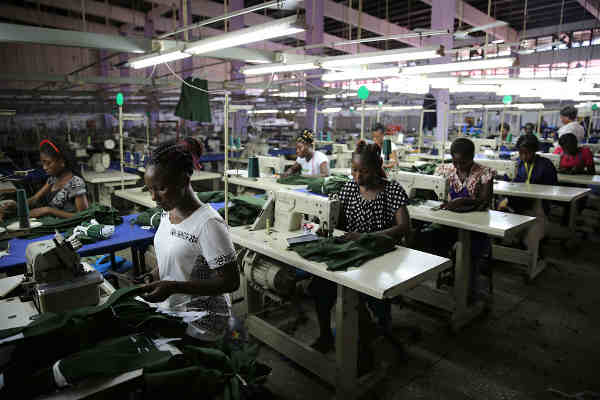Heat Stress to Cause Global Economic Losses of US$2400 Billion

An increase in heat stress resulting from global warming is projected to lead to global productivity losses equivalent to 80 million full-time jobs in the year 2030, according to a new report from the International Labour Organization (ILO).
Projections based on a global temperature rise of 1.5°C by the end of this century suggest that in 2030, 2.2 per cent of total working hours worldwide will be lost because of higher temperatures, a loss equivalent to 80 million full-time jobs. This is equivalent to global economic losses of US$2,400 billion.
[ Read: Clean Climate Environment News Magazine ]
Moreover, the report cautions this is a conservative estimate because it assumes that the global mean temperature rise will not exceed 1.5°C. It also assumes that work in agriculture and construction – two of the sectors worst affected by heat stress – are carried out in the shade.
The new ILO report, Working on a warmer planet: The impact of heat stress on labour productivity and decent work, draws on climate, physiological and employment data and presents estimates of the current and projected productivity losses at national, regional, and global levels
Heat stress refers to heat in excess of what the body can tolerate without suffering physiological impairment. It generally occurs at temperatures above 35°C, in high humidity.
Excess heat during work is an occupational health risk; it restricts workers’ physical functions and capabilities, work capacity and thus, productivity. In extreme cases it can lead to heatstroke, which can be fatal.




